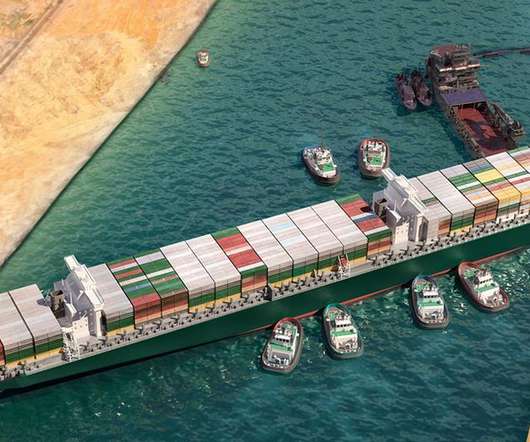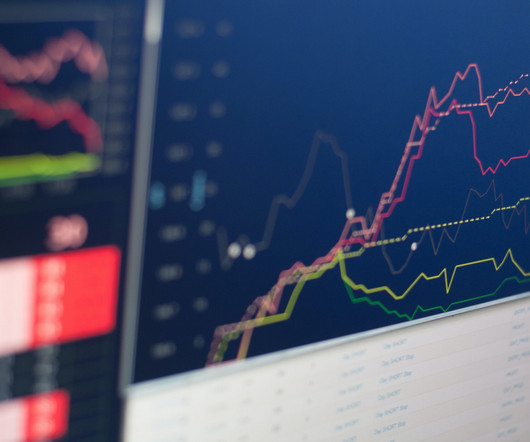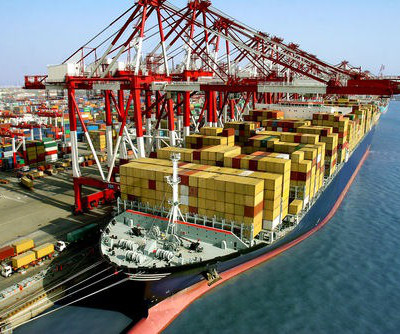Takeaways from the 2018 Gartner Supply Chain Executive Conference
Kinaxis
MAY 24, 2018
While observing that US and Israel are lagging several other countries such as Singapore and South Korea in standardized tests, he attributed the innovation of US and Israel to the high self-esteem of the students, fostering entrepreneurial spirit. Digital process prototypes.
















Let's personalize your content